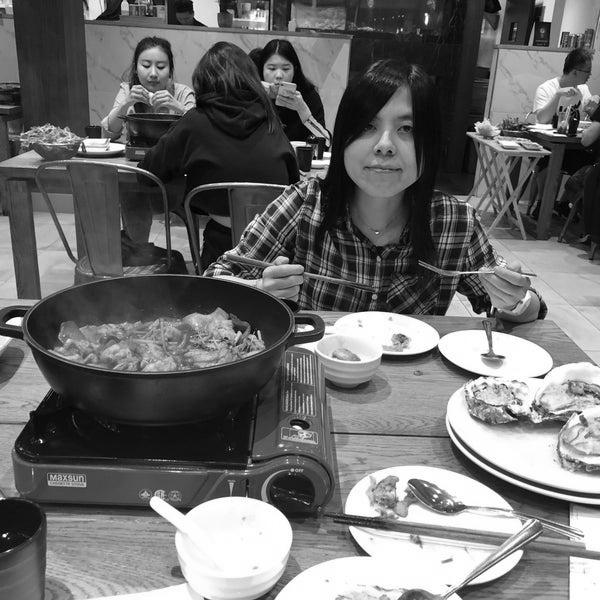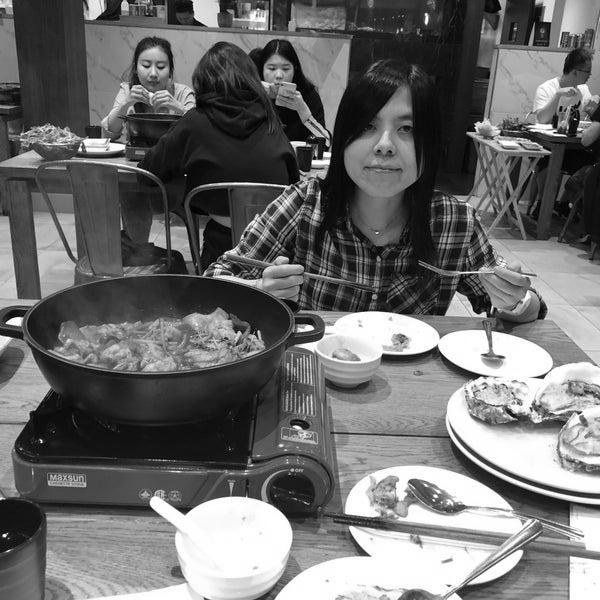Intro
mui kee menu has improved the user experience and productivity of thousands of users around the world. In this course we will help you get started with mui kee menu and become a successful user.
History
The following is a summary of the history of mui kee menu.
In 2006, I was working at a startup in the Bay Area called Flavor Castle. We were developing a biofeedback system for acid reflux. I was clueless to any of its history, but it seems that it was based on a product invented by an Israeli inventor named Eli Ben Elia in the 1950s and shown to the Israeli army during WWII.
I’d never heard of this product and certainly couldn’t find any information about it online (nor did anyone else I knew). I had no idea what it did, where it was developed or who invented it. So I decided to dive in and make something up from nothing:
The following is an account of how we came up with the idea for our mui kee menu prototype:

“We wanted to make something simple, which would fit well on a smartphone display, with great ergonomics (so we could use them as phones at all times), with great functionality (so we could use them as phones while we drive), and with great design (so they would look nice when they weren’t actually being used) — so that we could be sure that people would enjoy using these things.” — Chris Yoon, Founder and CEO
We probably should have guessed that people were always looking for something simple & elegant; so we started out designing what we thought would be very simple & elegant…but then we realized that wasn’t quite right either — because ultimately what people really want is something different from what they think they want. If you can persuade them that they do want more than just elegance and simplicity, you just have to be more creative about defining what you are offering them. Besides doing some research, here are some examples of how other companies have defined their market niche: Take Notes: “We don’t sell pen but we do sell notebooks”.
Asana: “Asana will help you organize your life.”
Pinterest: “Pinterest is like a place where everyone shares photos of their ideas.”
Facebook: “Facebook is like a place where everyone shares stories.”

Twitter: “Twitter is like a place where everyone shares what they’re thinking.”
Reddit: “Reddit is like a place where everyone shares funny pics.”
Culture
What kind of culture do you have at your company? Do you often hear people complain that it’s “too competitive” or “too much work,” or not enough fun, or too stressful, etc.?
Culture is a bit like a country. There are many different cultures and every country has its own particular ones. The Japanese culture might be different from the Italian one. The French may have their own language, traditions and worldview. The American culture might be different from the German one — but all these cultures differ in what they value most, what they are willing to sacrifice for those values and how they communicate these values to others.
The best businesses tend to have a strong sense of the right things to do (and the right way to do them) and a clear idea of which way people will respond (or not).

This is why we think that hiring a lot of left-brained developers is better than hiring too many programmers who are good at programming but who don’t understand what people need or want and can’t help them with it — better than hiring someone who doesn’t understand business, better than focusing on technical skills alone — and why we don’t always hire people who haven’t done any startups before (even if they are great engineers).
Language
Learning to write well can be one of the most valuable things you can do for yourself. In this post, I will discuss how you should learn to write well and how you should learn the mui kee (pronounced “may-ee”) language that is used for writing in Chinese.
Code: https://www.youtube.com/watch?v=2T6x1Ql9X7s
Religion and Politics
I’m not one of those people who believe that religious and political conflicts are inevitable. I think it’s possible for a society to remain peaceful, prosperous, and free.
If you want to know my opinion about what I believe and what I would do in the event of an apocalypse, read this piece on Medium with my thoughts on the subject: https://medium.com/@szabgab/why-i-am-not-anti-religion-or-anti-politics-7e90d1a061b#.wvpk8u5a6

